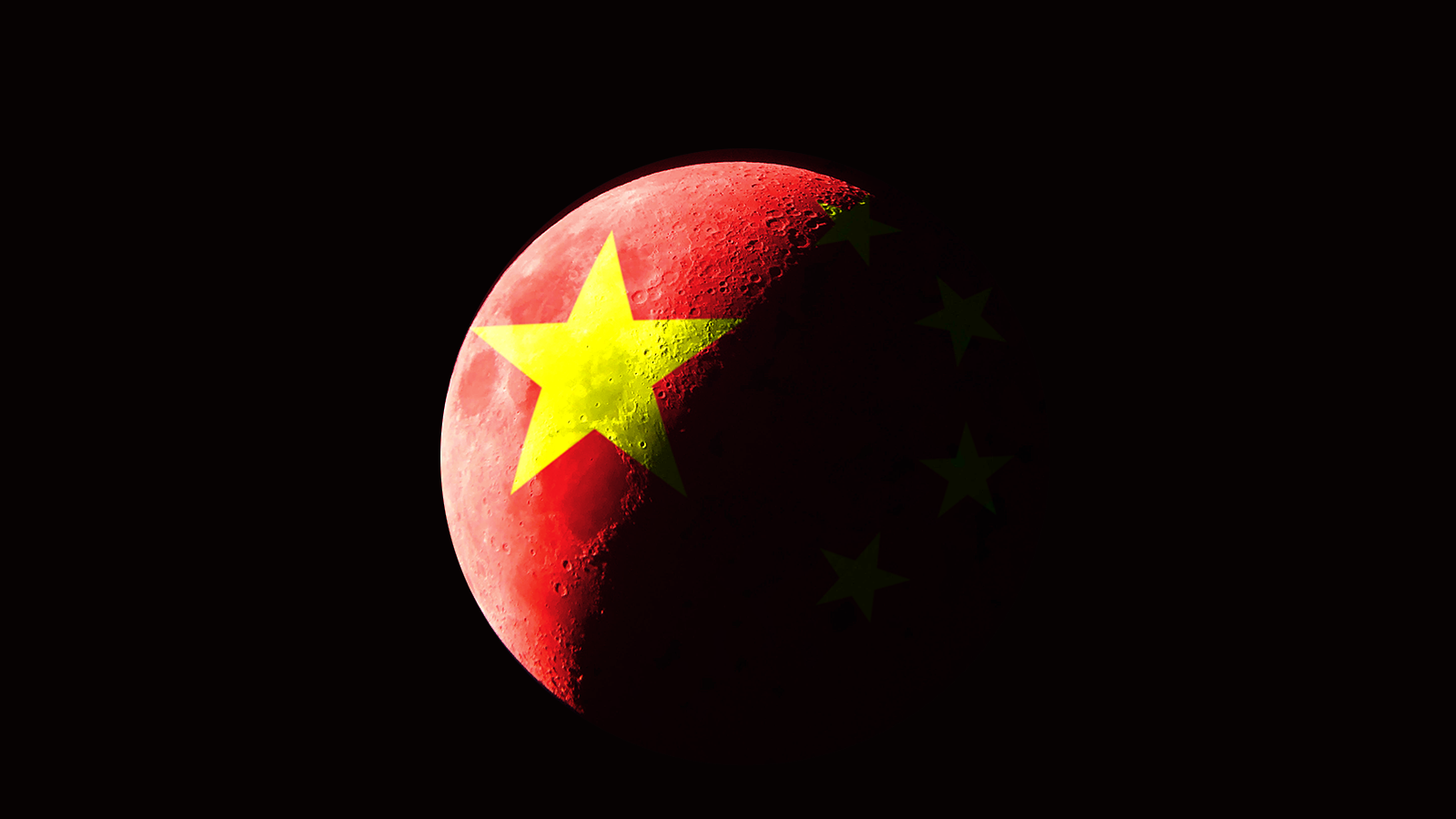THERESA HITCHENS

WASHINGTON — While the geopolitical relationship between China and the US and its allies is increasingly fraught, there remains hope among current and former government officials that it may be possible to engage Beijing on space exploration and resource exploitation to help avoid future conflicts.
One potential lever for outreach could be the Artemis Accords, a set of voluntary norms for responsible behavior in civil space activities on and around the Moon, Mars and mineral-rich asteroids, according to US and allied diplomats and space policy experts attending a Secure World Foundation conference on Monday.
Mike Gold, a former NASA official who did much of the negotiating on the accords, stressed that the goal of the effort in the first place was “prevent conflict before it happens” by creating “norms or behavior, transparency, interoperability, [and] avoiding harmful interference. … [T]he journey of Artemis is to the Moon and Mars, but the destination of the accords is peace and prosperity.”
He told the conference he has “great hopes” for expanding participation in the Artemis Accords, stressing that in his view “even China” might be willing to sign on.
“I believe that there’s great overlap between where China is at a policy perspective,” he said, echoing several sources’ comments to Breaking Defense. “So, I believe that there’s crossover, there’s common ground here.”
Initially signed in October 2020 by the US and seven other countries interested in NASA’s planned Artemis program to send humans to the Moon and Mars, signatories now number 21 — including aspiring space actors such as the United Arab Emirates and Mexico, as well as highly developed space powers such as France and Japan.
And there are “more to come in the near future, the very near future,” NASA Deputy Administrator Pam Melroy told the conference.
(The State Department on Dec. 13 announced that both Nigeria and Rwanda had signed, during the first-ever US-Africa Space Forum here.)
The relevance and importance of the accords is also growing, she said, as more and more countries plan lunar exploration activities. Especially relevant are the accords’ provisions on “deconfliction of activities” in space beyond the Earth’s orbit and setting up “safety zones” around operations.
Melroy explained that a NASA study last fall found that “within the next four years, the global community is likely to launch at least 22 lunar surface missions, half of which will occur in the Moon’s south polar region.”
Further, she added, “each one of them has the potential to introduce unintended interference with other activities, either with each other or those following, including landing zones, surface operations, transit, and [radio frequency] interference.”
China alone has three robotic missions to the Moon planned between 2026 and 2028 that involve rovers, a lunar communications relay satellite and other technologies related to its planned construction of a “International Lunar Research Station” that Beijing intends to be permanently habitable by 2035, according to a Nov. 24 report in Space News.
Kristina Leszczak, of the State Department’s Office of Space Affairs, noted that the Artemis Accords are open to any nation, as long as the signature represents the “whole of government” and not just the civil space agency.
“The Artemis Accords are a high-level political commitment,” she said. “And we find that having representatives from the government as well as space agencies are incredibly important.”
In the US, for example, the Department of Defense was active in developing the accords. Further, the Space Force in 2020 signed a memorandum of understanding with NASA on cooperation in developing technologies related to space exploration, including on situational awareness, communications and precision navigation. This included working together to to establish norms of behavior for cislunar space activities.
“We would invite any responsible spacefaring nation to sign the Artemis Accords,” Leszczak said.
Gold, the ex-NASA official, said that in recent months he has participated in several seminars hosted by international non-governmental organizations, including The Hague International Space Resources Governance Working Group and the Global Exploration Group for Sustainable Lunar Activities in Vienna, where Chinese government officials had positively contributed to discussions on rules and norms for space exploration.
“I’m a Star Trek fan, so I’m optimistic,” he said.
Nicolas Maubert, space counselor at the French Embassy here, said that one possible venue for talks on the accords with the Chinese could be the annual November Paris Peace Forum. A discussion on how to forward norms of behavior for space was on the agenda in 2022, and perhaps more interestingly that meeting has in the past served as a forum where Chinese and American officials could engage informally.
“I know that there are some dialogues between people who are not used to [talking] to each other in this type of forum,” he said.
The US and China could also discuss the principles enshrined in the accords bilaterally, one US government official told Breaking Defense, if both sides agree to revitalized the US-China Civil Space Dialogue and/or the Space Security Exchanges launched during the Obama administration. Neither group has met since 2017, with the change of administration and then China’s lock-down due to COVID. Now that Beijing is loosening its pandemic restrictions, there might be some hope of resuscitating them, the official said.
No comments:
Post a Comment